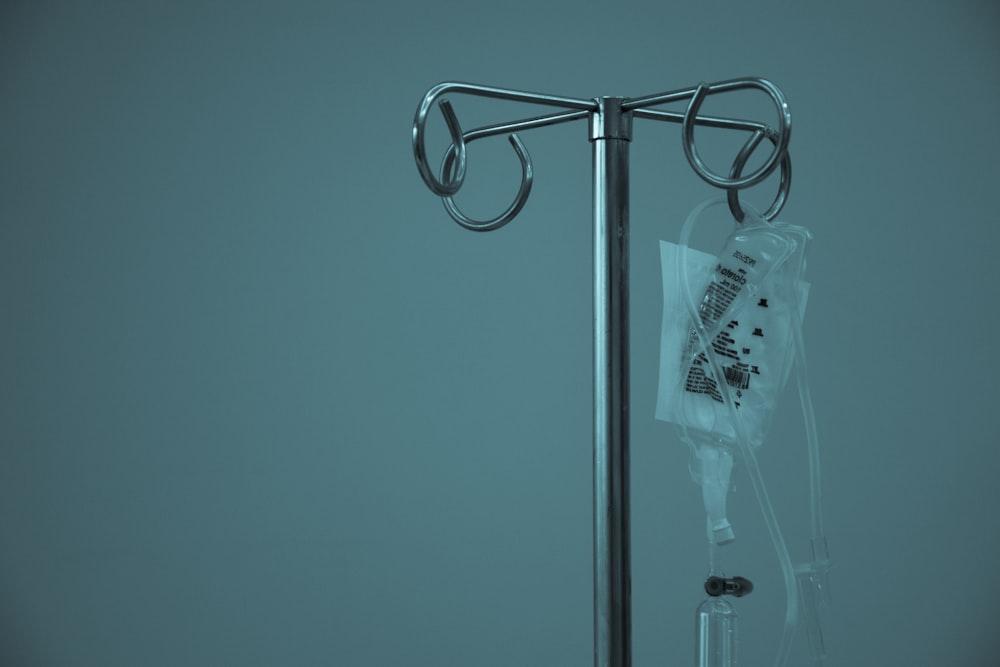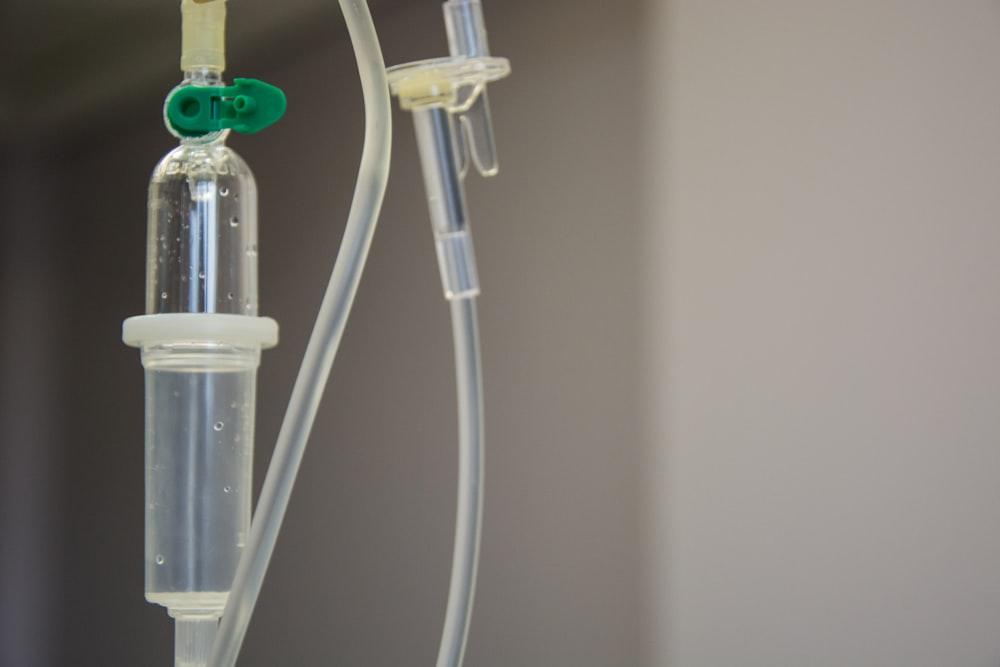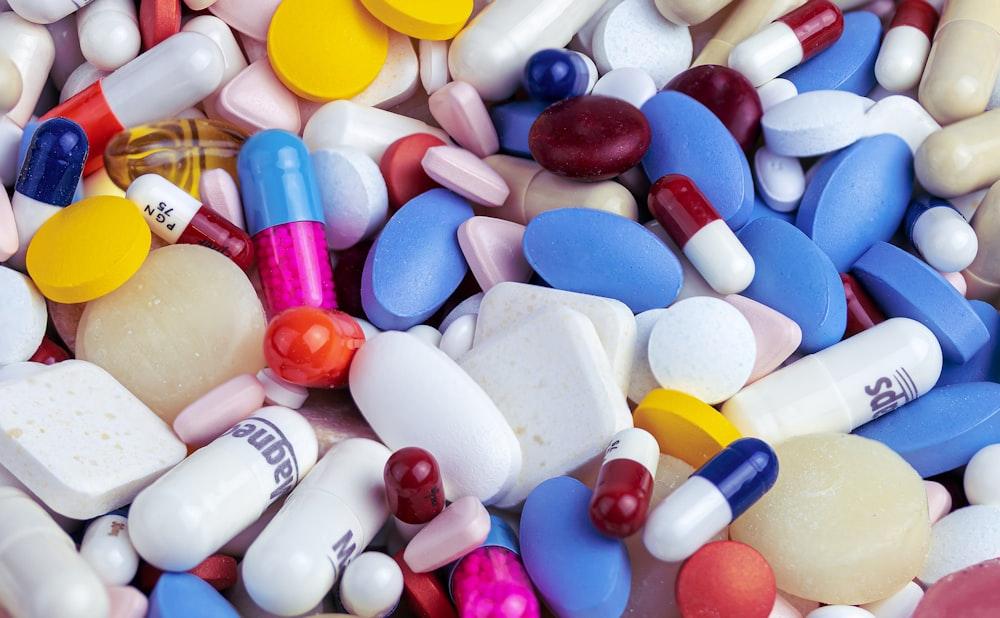Effective Psittacosis Treatments for Parrots: A How-to Guide

Understanding Psittacosis
Discovering the best treatment for psittacosis in parrots is essential for any bird enthusiast seeking to ensure their feathered companions lead healthy, vibrant lives. Psittacosis, also known as parrot fever, poses a significant threat to both avian and human health, making awareness and understanding of this condition critical. In addressing this challenge, we provide a deep dive into what every parrot owner needs to know about psittacosis-its nature, impact, and strategies for effective management.
Psittacosis is caused by the bacterium *Chlamydia psittaci,* which can infect several species of birds. Parrots, often vibrant members of households or aviaries, are among those most susceptible to the infection. Recognizing the signs of this disease early on plays a crucial role in its containment and treatment. Symptoms in affected birds might not always be obvious but can include lethargy, respiratory distress, and changes in eating habits.
The path to treating psittacosis begins with accurate diagnosis-a step where guesswork has no place. It demands prompt professional attention from veterinarians who specialize in avian medicine. They rely on a variety of diagnostic tools including blood tests and cultures to confirm the presence of *C. psittaci.* Understanding that early detection leads to more favorable outcomes underpins why swift action upon suspecting illness is paramount.
Once diagnosed, targeted antibiotic therapy becomes the cornerstone of managing psittacosis in parrots. Tetracycline-based medications often serve as the first line of defense against this bacterial infection. However, treatment extends beyond medication alone; it encompasses comprehensive care that includes enhancing nutrition and optimizing the bird's environment for recovery.
For parrot owners navigating the challenges posed by psittacosis, gaining insight into preventive measures is equally pivotal. This knowledge not only aids in protecting other birds from infection but also safeguards human family members from zoonotic transmission-a real concern given the transmissible nature of this disease between birds and people.
Recognizing the Symptoms of Psittacosis in Parrots
Identifying *psittacosis* symptoms in parrots early can significantly improve the outcome of its treatment. The clinical signs of this infectious disease can sometimes be subtle, while other times, they might be directly apparent, posing a challenge for parrot owners to determine when their bird is actually sick.
Common symptoms include lethargy, respiratory distress (evidenced by labored breathing or tail bobbing), and unusual discharge from the eyes or nostrils. Recognizing these signs promptly is crucial for seeking timely veterinarian assistance and initiating the best treatment for psittacosis in parrots.
Once any of these symptoms are observed, it's essential that you consult with a veterinarian experienced in avian medicine. They can perform specific tests to confirm whether your parrot has psittacosis. Laboratory tests, particularly those identifying Chlamydia psittaci-the bacteria responsible for this condition-are definitive in diagnosing the disease. This step requires precision and knowledge because misdiagnosis might lead to treatments that do not address the underlying issue correctly.
Initiating early treatment after a confirmed diagnosis is imperative to prevent severe health complications in infected birds. The best treatment for psittacosis in parrots involves administering antibiotics that effectively target the Chlamydia psittaci organism. Doxycycline is commonly prescribed due to its efficacy against this type of bacteria and can be given either orally or via injection depending on the severity of the infection and the general condition of the patient.
While antibiotics form the cornerstone of treating psittacosis, supportive care tailored to relieve symptoms plays a critical role in recovery. This may include supplemental oxygen for birds experiencing respiratory difficulty, fluid therapy if dehydration is a concern, and a balanced diet to support overall health during recovery periods. It is also key that during this time, strict hygiene measures are implemented to reduce the risk of transmission since psittacosis can affect humans as well.
| Symptom | Potential Implications |
|---|---|
| Lethargy | General illness indicator; immediate veterinary consultation recommended. |
| Respiratory distress | Signifies potential severe infection; could require urgent care. |
| Discharge from eyes/nose | Specific sign indicating possible Psittacosis infection. |
Continuing observation after initial detection and throughout treatment will help ensure that your bird receives adequate care at all times. Following your veterinarian's recommended course of action-including finishing all prescribed medication-is vital for complete recovery without relapse.Additionally,it ensures that any adjustments needed based on how your bird responds to treatment can be made swiftly.
The Importance of Diagnosis
When discussing the health of our feathered companions, especially concerning diseases like psittacosis, the significance of an accurate diagnosis cannot be stressed enough. Owners might notice a variety of symptoms in their parrots that could easily be mistaken for other avian conditions without proper testing. This ambiguity not only hampers the treatment process but could also exacerbate the bird's condition, leading to severe health consequences or even fatality.
Guesswork in diagnosing psittacosis poses several risks, including the application of ineffective treatments that do not address the root cause of the bird's ailment. Misdiagnosing and mistreating can lead to unnecessary expense for the owner and prolonged discomfort or distress for the parrot. It is essential to approach a veterinarian who can perform specific tests designed to identify psittacosis accurately among other illnesses with similar presentations.
Stepping Into Professional Diagnosis
Seeking professional veterinary care is critical when suspecting psittacosis in your parrot. Vets will typically recommend a series of diagnostic tests including blood work, fecal exams, and possibly X-rays or other imaging techniques to rule out other diseases and confirm psittacosis. These diagnostic tools are invaluable in determining the best treatment for psittacosis in parrots since they provide concrete evidence about the presence of this bacteria in your pet's system.

The Role of Laboratory Testing
In addition to traditional diagnostic methods, advanced laboratory testing plays a pivotal role in identifying psittacosis with precision. Polymerase chain reaction (PCR) tests are particularly effective because they detect Chlamydia psittaci DNA directly from samples taken from your bird. This level of specificity is crucial not only for confirmation but also helps in monitoring the effectiveness of administered treatments over time.
The Best Treatment for Psittacosis in Parrots
When it comes to managing and treating psittacosis, which is often referred to as "parrot fever," the stakes are high for both parrot owners and their feathered companions. Psittacosis is a bacterial infection that can have serious implications if not addressed promptly and effectively.
As such, understanding the best treatment options available is paramount to ensuring the health and well-being of infected birds. The journey toward recovery demands an informed approach, underscored by veterinary guidance and an adherence to prescribed treatments.
In tackling this infectious disease, the primary objective is identifying the most effective course of action that not only addresses the immediate symptoms but also eradicates the underlying bacterium, Chlamydia psittaci. Embarking on this path requires a blend of professional veterinary insight and a proactive stance from parrot owners. The ultimate goal is to restore health while minimizing stress and discomfort for the affected bird during its treatment phase.
Antibiotic Therapy: A Cornerstone Approach
Upon diagnosis, veterinarians typically recommend antibiotic therapy as the best treatment for psittacosis in parrots Doxycycline stands out as the frontline antibiotic due to its efficacy in targeting Chlamydia psittaci. This medication regimen can span several weeks, underlining the importance of consistent administration and close monitoring by a veterinary professional. Adherence to this treatment plan is crucial; interruptions or premature cessation can result in relapse or development of antibiotic resistance.
Supportive Care: Beyond Medication
While antibiotics address the bacterial infection, supportive care plays an indispensable role in a parrot's recovery process. Elements such as maintaining a warm environment, offering nutritional supplements, and ensuring proper hydration contribute significantly towards recuperation. Stress reduction strategies are also key since stress can exacerbate symptoms or hinder recovery. Creating a calm atmosphere by minimizing disturbances around the sick bird's habitat promotes healing.
Monitoring and Follow-Up: Ensuring Successful Recovery
Effective treatment transcends administering medications-it includes diligent post-treatment monitoring to ensure full recovery. Follow-up visits with a veterinarian allow for reevaluation of progress through repeat diagnostics, adjusting treatments as necessary based on these outcomes. It's this comprehensive approach that maximizes chances for a successful recovery, reducing risks of recurrence.
Undergoing treatment for psittacosis underscores not just combating an ongoing infection but safeguarding against future health issues linked to incomplete recovery or improper handling of medication protocols. By integrating veterinary expertise with meticulous caregiving that spans antibiotic therapy and supportive care practices, parrot owners can navigate their pet's journey from diagnosis through to reestablished health strategically.
Supporting Your Parrot’s Recovery
After establishing the best treatment for psittacosis in parrots, a crucial part of recovery hinges on supportive care, specifically tailored nutrition, and an optimal environment. This approach not only aids in the speedy recovery of your feathered friend but also enhances their overall wellbeing during this challenging time. Nutritional support is vital for boosting the parrot's immune system, which is essential in fighting off the infection effectively.
The nutritional plan should focus on high-quality, easily digestible foods that are rich in vitamins and minerals. Incorporating foods high in vitamin A and C can significantly help as these nutrients are known for their immune-boosting properties. A balanced diet consisting of fresh fruits, vegetables, and good-quality pellets should be provided. Avoiding seeds as the main diet component is advisable since they can lead to nutritional imbalances that might compromise recovery.
- Fresh fruits and vegetables: Ensure they are thoroughly washed to remove any potential contaminants.
- High-quality pellets: These should form a significant part of the dietary intake.
- Clean water: Change it daily to avoid any bacterial growth.
Environmental considerations are equally important as dietary changes. The healing environment for a parrot recuperating from psittacosis should be stress-free, well-ventilated, and clean. Maintaining a consistent temperature helps prevent additional stress on the bird's body, allowing it to focus on fighting off the infection. Regularly cleaning the cage with safe disinfectants and providing adequate ventilation reduces exposure to harmful bacteria or virus particles lingering in the air.
Finally, mental stimulation during recovery cannot be overlooked. Engaging toys that don't require too much physical exertion can keep your parrot entertained without overtaxing its recovering body. Periods of gentle interaction with you will also boost their spirits and encourage faster recovery.
Remember, while dietary adjustments and environmental optimizations play a pivotal role in supporting your parrot's recovery process after receiving treatment for psittacosis, regular follow-ups with an avian vet are essential to monitor progress and make necessary adjustments to their care regimen. Moving forward into maintenance and preventative measures ensures that this hopefully remains a one-time ordeal for both you and your beloved companion.

Preventing Future Infections
In the journey of caring for a parrot with psittacosis, prevention of future infections stands as a critical chapter in ensuring the well-being and health of your feathered friend. This focus on maintenance and care not only guards against the recurrence of this bacterial infection but also fortifies the overall health of your parrot, making them less susceptible to other ailments.
It is here we delve into tailored strategies designed to minimize risks and nurture a safe environment for your bird.
Firstly, cleanliness can never be underestimated when it comes to preventing psittacosis. Regular cleaning of cages, perches, and any areas where your parrot frequents is essential. This includes replacing water daily with fresh supply and ensuring food dishes are clean and free from contamination. Adequate ventilation in living spaces reduces the accumulation of dust and potential microbes, contributing significantly to creating a healthier habitat for your parrot.
Another pivotal element involves monitoring interaction with other birds. Psittacosis is highly contagious among avian species; hence introducing new birds to your home demands careful quarantine procedures followed by thorough health checks. Ensuring that new additions are free from psittacosis before mingling with established avian members safeguards against cross-infection which could reignite concerns over psittacosis within your flock.
Diet and nutrition play invaluable roles in bolstering your parrot's immune system. A balanced diet rich in vitamins and minerals supports their body's defenses against infections like psittacosis. Supplements can also be beneficial, but it's advisable to consult with an avian vet for recommendations tailored specifically to your bird's needs. Giving attention to these dietary details contributes significantly to their overall resilience against diseases.
Lastly, regular veterinary check-ups cannot be ignored as part of an effective preventive strategy against psittacosis recurrences or other diseases. These check-ups offer opportunities for early detection and intervention which can make all the difference in managing your parrot's health efficiently. Incorporating these practices within daily care routines establishes a robust framework aimed at protecting your parrots from future infections while enhancing their quality of life.
Understanding Zoonotic Risks
As we conclude our exploration of Effective Psittacosis Treatments for Parrots: A How-to Guide, it's paramount to reflect on the critical nature of understanding zoonotic risks, not only for the safety of our cherished parrots but also for protecting ourselves and our loved ones. Dealing with psittacosis requires a comprehensive approach that transcends beyond merely identifying and treating the disease in affected birds.
It involves fostering an environment that ensures the health and well-being of both parrots and their human families.
Recognizing symptoms early and seeking prompt veterinary care are fundamental steps in managing this condition effectively. However, what truly sets apart a responsible parrot owner is their dedication to implementing preventative measures post-recovery.
This includes maintaining rigorous cleanliness in the bird's environment, adhering to nutritional guidelines that bolster the parrot's immune system, and continually educating oneself about potential zoonotic diseases. Remember, the best treatment for psittacosis in parrots doesn't just end with medication but extends into proactive care and vigilance.
Strengthening your knowledge on preventive practices is equally crucial as understanding how to treat psittacosis. Regular vet check-ups, proper hygiene practices, and creating a stress-free environment for your feathered companion can significantly reduce the likelihood of future infections. Moreover, these actions demonstrate a profound respect for the intricate bond between humans and their avian counterparts-a testament to the depth of our compassion and commitment as pet owners.
We invite you to continue enriching your understanding by exploring more articles on our website. Whether you're seeking advice on avian care or looking to expand your knowledge on other pet-related topics, our collection offers valuable insights designed to support you in nurturing a healthy relationship with your pets. Dive into our resources today and discover how you can create a thriving environment for all members of your household-feathered or otherwise.
Frequently Asked Questions
How Do You Treat Psittacosis in Parrots?
Treating psittacosis in parrots involves a course of antibiotics, typically doxycycline, administered either orally or through injection, depending on the severity of the infection and the specific needs of the bird. Supportive care, including ensuring the bird receives adequate nutrition and hydration, is also critical.
Isolating the infected bird from other birds to prevent the spread of the disease is necessary until it fully recovers.
What Is the Prognosis for Psittacosis in Birds?
The prognosis for psittacosis in birds significantly improves with early detection and treatment. Most birds respond well to antibiotic therapy if commenced promptly.
However, factors such as the age of the bird, its overall health prior to infection, and how advanced the disease is at the time of diagnosis can influence recovery outcomes. With proper veterinary care and strict adherence to treatment protocols, many birds make a full recovery.
What Is the First Line of Treatment for Psittacosis?
The first line of treatment for psittacosis is administering antibiotics effective against Chlamydia psittaci, the bacterium that causes this condition. Doxycycline is widely considered the medication of choice for treating this infection in both birds and humans. Treatment duration can vary but often extends over several weeks to ensure complete eradication of the bacteria.
What Is the Drug of Choice for Psittacosis?
The drug of choice for treating psittacosis is doxycycline due to its effectiveness against Chlamydia psittaci, which causes this disease in parrots and other avian species as well as humans who contract it from infected birds. Veterinarians prescribe doxycycline based on dosages appropriate for each specific case, taking into account factors like the size and species of bird being treated.
Leave a Reply
You must be logged in to post a comment.